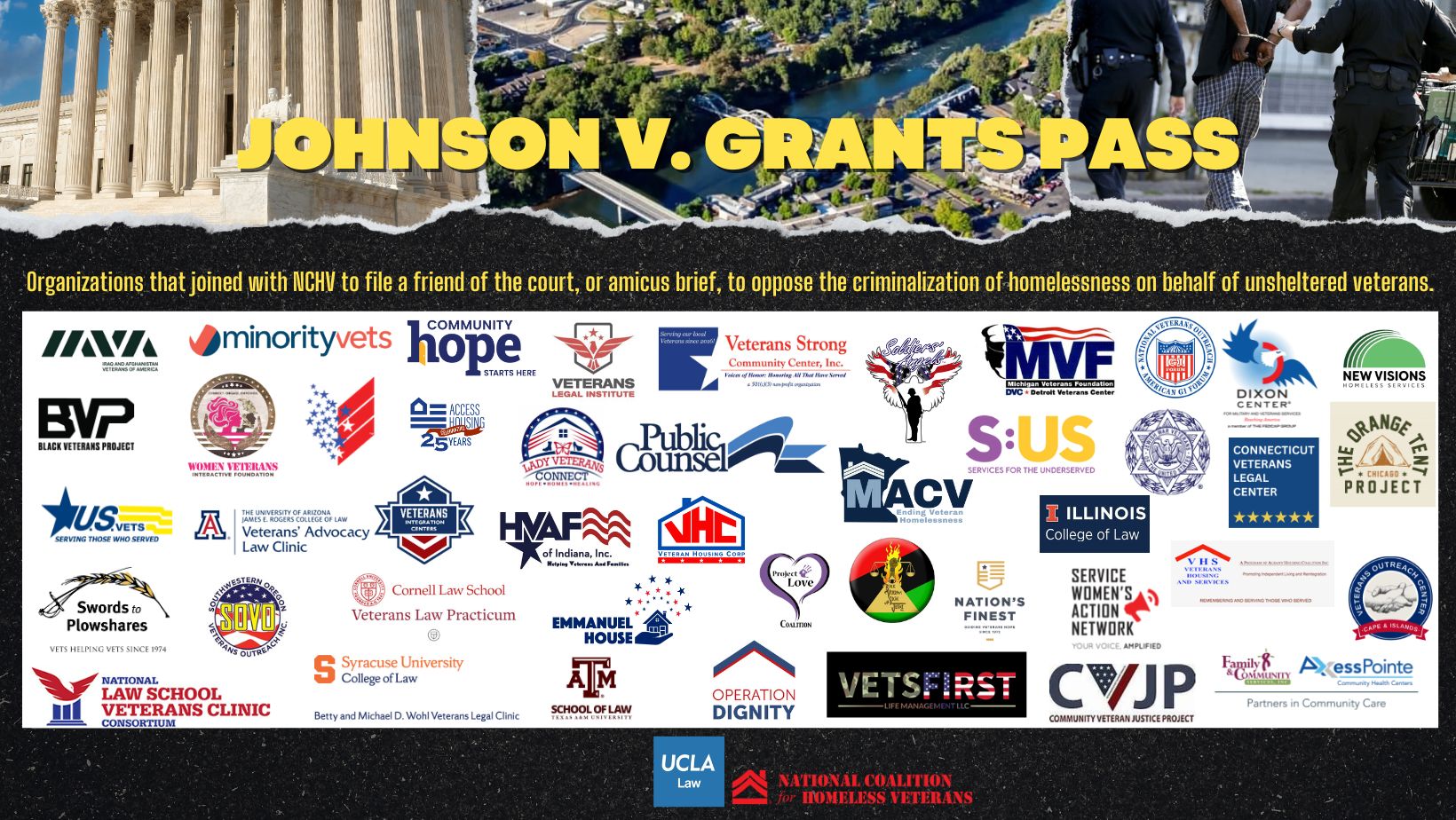
On April 22, 2024, the US Supreme Court will convene to consider the pivotal case of Johnson v Grants Pass, marking a watershed moment in the legal landscape surrounding homelessness, criminalization, and the rights of unsheltered individuals. This landmark case holds profound significance as it grapples with the fundamental question of whether cities can lawfully penalize individuals, including veterans, for engaging in basic activities such as sleeping, sitting, or residing outdoors with minimal shelter options available.
At its essence, this legal battle has far-reaching implications, delving into the heart of the debate on the criminalization of poverty and its severe consequences. The verdict stands to shape policies that either perpetuate or challenge the unnecessary creation of criminal records for homeless individuals, especially veterans, hindering their access to housing and employment opportunities.
Moreover, the case underscores the critical role of outreach workers, whose efforts to build trust and engage with the unsheltered population are impeded by governmental directives that exacerbate negative interactions. For marginalized communities, including people of color and those grappling with mental health issues, heightened encounters with law enforcement pose not only challenges but potential life-threatening consequences.
In alignment with these concerns, NCHV and UCLA Veterans Legal Clinic collaborated on an Amicus Brief to express our concerns about the case. This brief was filed on behalf of 45 veteran-serving organizations across the country to provide the lived realities of unhoused veterans. The brief presents our collective interests to the U.S. Supreme Court in this way: “We have a duty to ensure that the voices of veterans are included in the resolution of this case. The stories provided in this brief are not outliers. They are representative of the over 35,000 unhoused veterans, who despite having pledged willingness to make the ultimate sacrifice for our country, now find themselves sleeping on our sidewalks, under bridges, on benches, and in abandoned buildings every night.”
Please use the resources below to gain more information about the case and share them to to support our mission to end veteran homelessness

